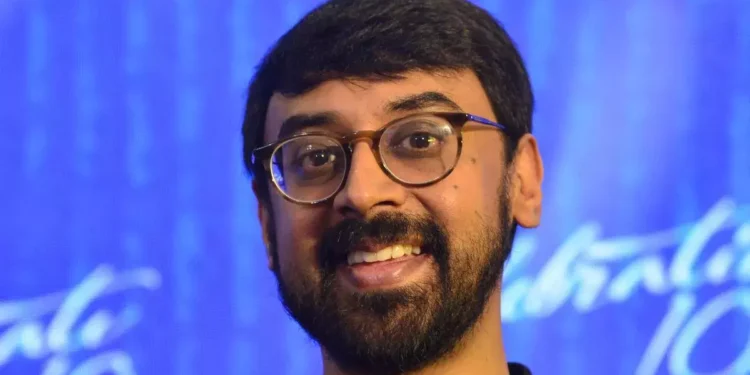Manjul Bhargava, a name synonymous with brilliance in mathematics, is one of the most prominent and respected mathematicians of the 21st century. Born in Canada and raised in the United States, Bhargava has earned international acclaim for his pioneering work in number theory, specifically in algebraic number fields and elliptic curves. He is also a recipient of one of the highest honors in mathematics—the Fields Medal.
Early Life and Education
Manjul Bhargava was born on August 8, 1974, in Hamilton, Ontario, Canada, but grew up in Long Island, New York. His mother, Mira Bhargava, is a mathematician and professor, which exposed him to the world of mathematics from an early age.
Bhargava completed his undergraduate studies at Harvard University, where he graduated summa cum laude in mathematics. He later earned his Ph.D. from Princeton University under the guidance of legendary mathematician Andrew Wiles, who is famous for proving Fermat’s Last Theorem.
Major Contributions to Mathematics
Manjul Bhargava’s contributions span across several areas of mathematics, but he is best known for his innovative work in:
1. Number Theory
Bhargava’s doctoral thesis introduced new methods in higher composition laws, a topic that extends the work of Carl Friedrich Gauss. His results provided deep insights into the structure of algebraic number fields.
2. Elliptic Curves and Rational Points
His work with Arul Shankar provided major progress in understanding the average ranks of elliptic curves—an area with direct implications for cryptography and number theory.
3. Algebraic Geometry and Representation Theory
Bhargava has worked on classifying orbits of algebraic groups, connecting number theory with other fundamental areas of math.
Awards and Honors
Manjul Bhargava’s groundbreaking work has earned him numerous accolades, including:
-
Fields Medal (2014) – Often considered the “Nobel Prize of Mathematics”
-
Clay Research Award
-
SASTRA Ramanujan Prize
-
Packard Fellowship
-
Fellow of the American Mathematical Society
He was also elected to the National Academy of Sciences and received the Padma Bhushan, India’s third-highest civilian award.
Teaching and Influence
Bhargava is a Professor of Mathematics at Princeton University, where he inspires students not only through his lectures but also by emphasizing the beauty and creativity of mathematics.
He is known for making complex concepts more accessible and has been involved in efforts to reform mathematics education. His TEDx talks and public lectures often highlight the role of Indian mathematics, music, and poetry in shaping his thinking.
Personal Interests
Outside of mathematics, Bhargava is a talented tabla player (Indian percussion instrument) and a connoisseur of Sanskrit poetry. He credits these interests with enhancing his intuition and creativity in mathematical research.
Conclusion
Manjul Bhargava stands as a beacon of innovation and brilliance in modern mathematics. Through his work, he has not only deepened our understanding of number theory but also inspired a new generation of mathematicians around the globe. His story is a testament to the power of curiosity, interdisciplinary thinking, and the enduring beauty of mathematics.
FAQs
Q: Why is Manjul Bhargava famous?
A: He is best known for his groundbreaking work in number theory and for receiving the prestigious Fields Medal in 2014.
Q: Where does Manjul Bhargava teach?
A: He is a Professor of Mathematics at Princeton University.
Q: What was his major contribution to mathematics?
A: Bhargava extended Gauss’s work in composition laws and made key discoveries in the behavior of elliptic curves and algebraic number fields.
Q: Is Manjul Bhargava Indian or American?
A: He is an American mathematician of Indian descent.
Q: What other interests does he have?
A: He is a skilled tabla player and has a deep interest in Indian classical music and Sanskrit poetry.




